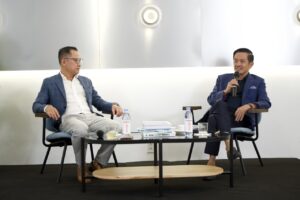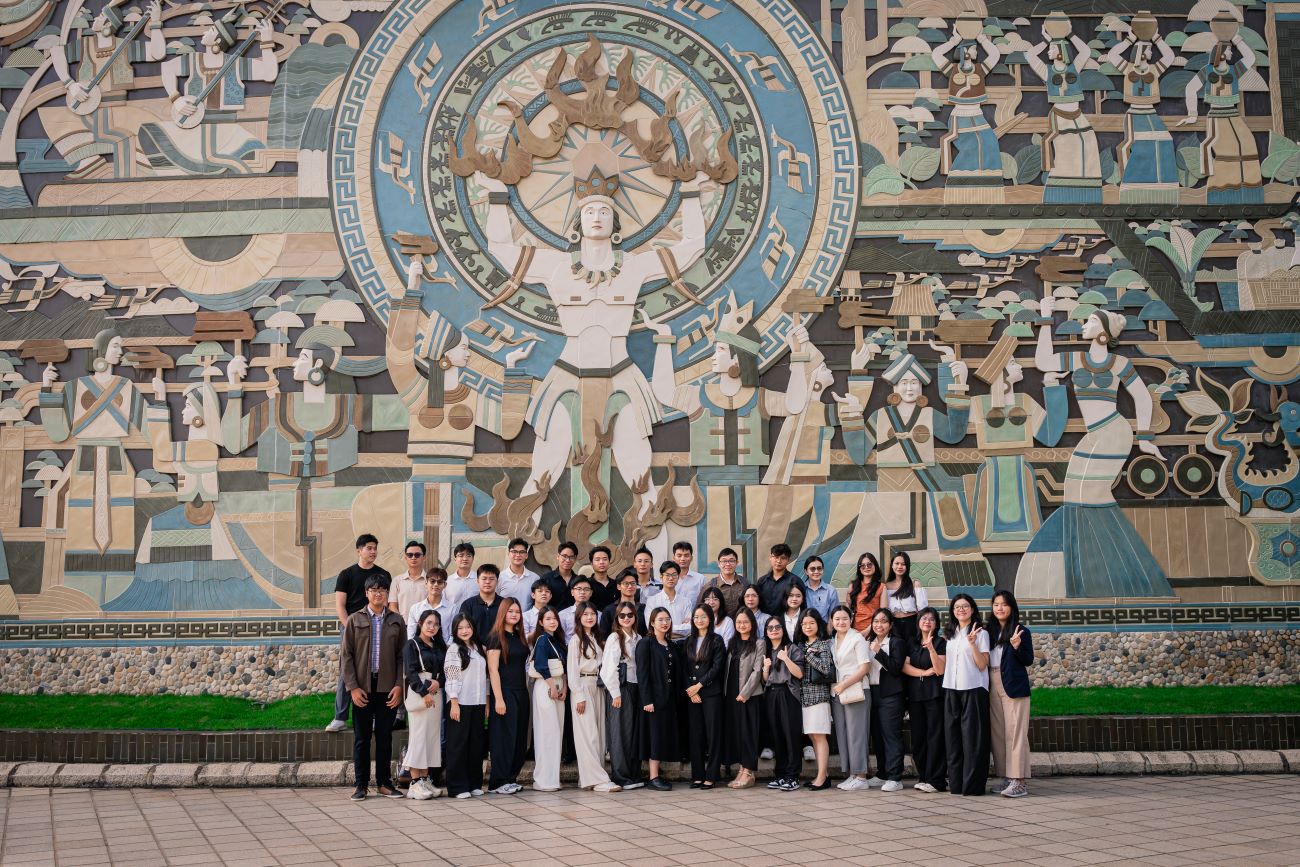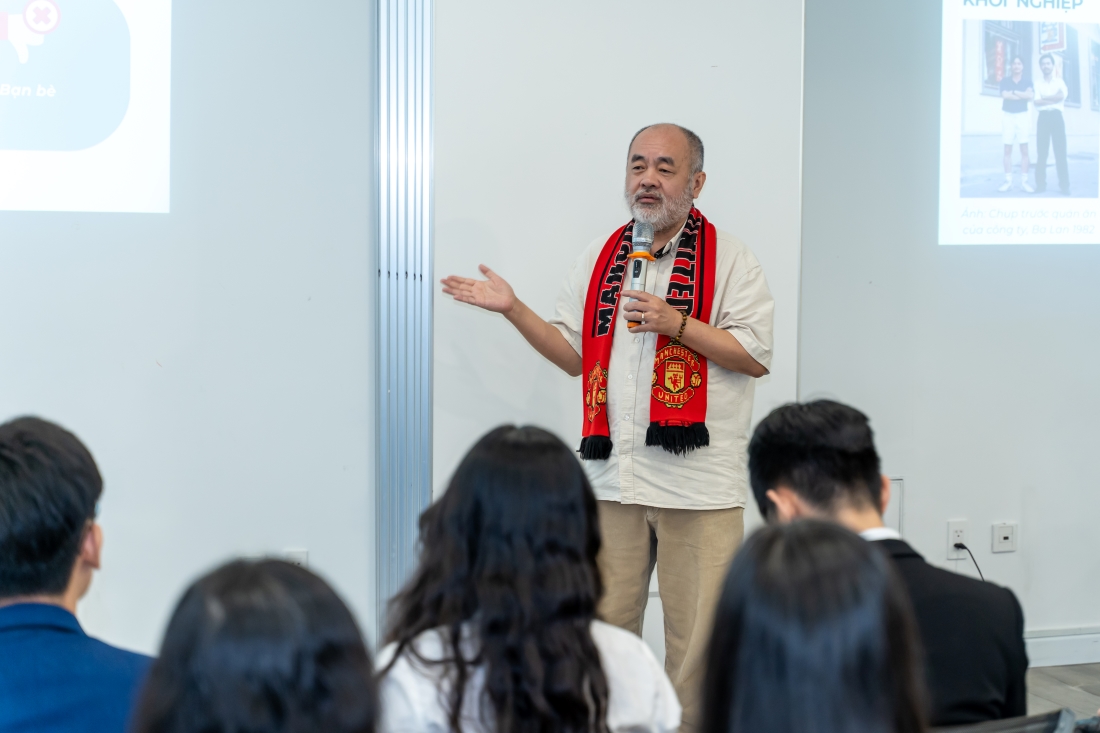LQT Talk #02: The international distribution journey of Thai domestic products
Owning products that succeed in both domestic and international markets is a dream for any business.
In LQT Talk #02, entrepreneur from Thailand, Korachal Tangphadungrutch (Joey), Founder and CEO of Daisuki Fried Fish Skin, shared essential lessons on bringing Thai domestic products to the international market with the students.
Key lessons for the International Market
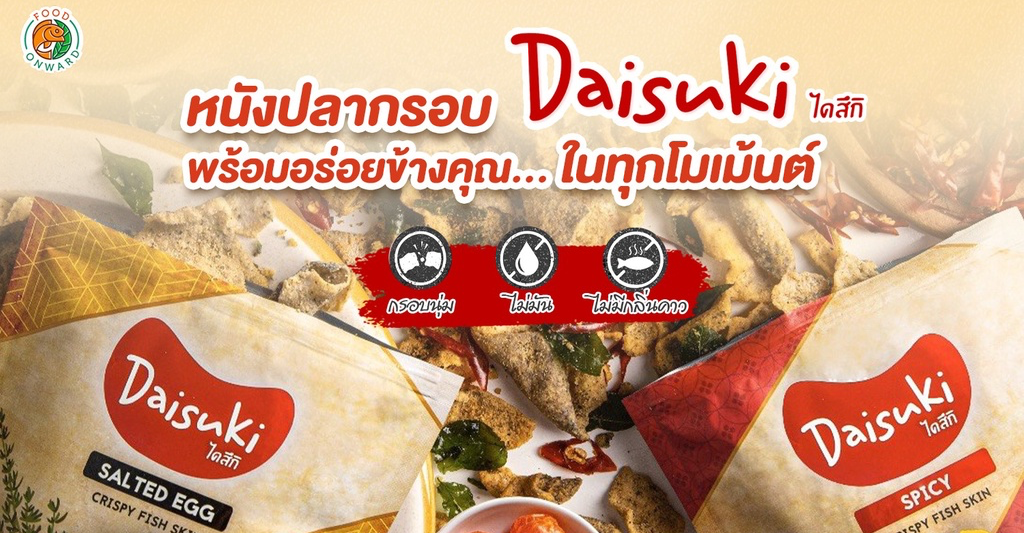
To ensure sustainable growth not only in Vietnam but also in other markets, he emphasized three factors that businesses need to pay attention to and thoroughly understand when considering global distribution: brand name, business strategy, and capital flow.
Brand name needs to be easy to read, understand, and remember
The brand name is one of the elements that requires significant research. For startups, before naming a product, it is essential to understand what aspects consumers appreciate in the market. Mr. Joey stated that if the brand name evokes elements related to the product (color, ingredients, flavor), it will be more easily remembered by consumers.
Agreeing with this view, Dr. Ly Qui Trung shared that the brand name “Pho 24” was initially established through family discussions. When entering the Chinese market, one of the largest in the world, the brand name was rejected due to cultural differences, where the number “24” has negative connotations for local people.
Sharing his own experience, Mr. Joey noted that in Japanese, Daisuki means “I love you the most.” However, the brand also struggled to penetrate the Chinese market due to cultural differences in the meaning of the brand name.
It is clear that, aside from legal procedures, when a business wants to build a product portfolio for distribution in foreign markets, the founder must ensure the brand name does not cause any offensive effects on the cultures of those countries. From this, Mr. Joey emphasized the importance of flexibility in product distribution in international markets.
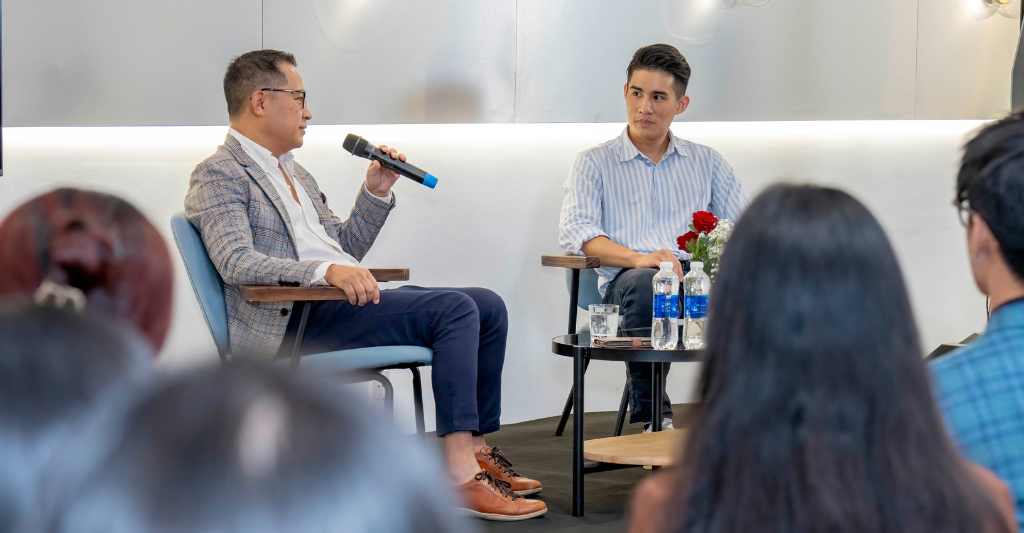
Be flexible when distributing Thai domestic products internationally
In the Vietnamese market
Mr. Joey focuses on investing in R&D (Research Development) to launch products that suit Vietnamese tastes. He stated that although Vietnam and Thailand are neighboring countries with relatively similar tastes, he still aims to develop flavors that closely match Vietnamese preferences.
Additionally, to optimize operational and storage costs, he collaborates with suppliers in Vietnam to meet the company’s material needs. He also tests competitors’ products to improve Daisuki’s offerings.
In other countries
He cited Japan, a country with very high product quality requirements and a market where Daisuki distributes, as an example. To gain consumer trust in this country, Daisuki completely changed the packaging from its Thai domestic product. Instead of focusing primarily on illustrations, the packaging in Japan highlights the main ingredients, fostering trust among consumers.
Overall, while adopting a flexible strategy for globalizing Daisuki products, Mr. Joey asserted that businesses must retain their brand’s distinctive features to maintain brand value.
Maximize financial resources when operating a business
Mr. Joey discussed three primary resources an entrepreneur can consider when seeking startup capital: Family, Friends, and Banks.
Family: Family often plays a crucial role in financial matters due to strong ties. However, Mr. Joey mentioned that contributions from family can also create mental pressure or affect family relationships.
Friends: Close friends and colleagues can provide financial support. He shared that support from friends is often more comfortable than from family, but one must be cautious not to damage trust in these relationships.
Banks: Banks represent a more formal and professional financial resource that includes loans, credit, and other financial services. Borrowing from banks is generally more secure and stable, but it also comes with conditions and interest rates.
Each resource has its advantages and disadvantages. To prioritize, entrepreneurs need to determine the amount of capital needed and consider their personal finances and existing assets. Agreeing with this perspective, Dr. Ly Qui Trung advised always to prepare a presentation about the intended use of the funds being sought and the commitments to “investors.”
Conclusion
Through the sharing and direct discussion with the Founder of Daisuki Fried Fish Skin during LQT Talk #02: The International Distribution Journey of Thai Domestic Products, WSU-LQT BBUS students gained insights into the research and development process of a brand in the fast-food industry. Additionally, the knowledge shared regarding capital utilization and market entry strategies will serve as key advantages in business.
 Tiếng Việt
Tiếng Việt English
English